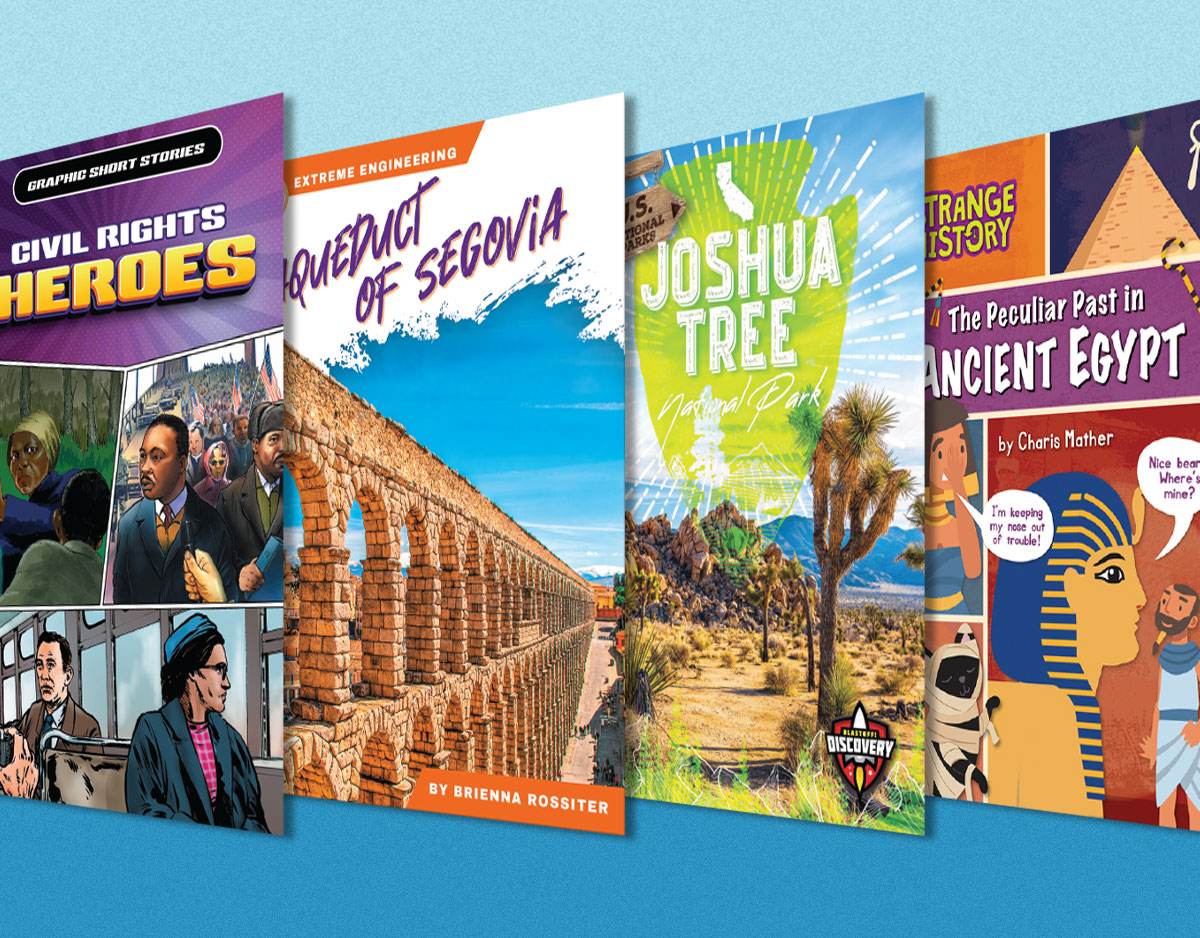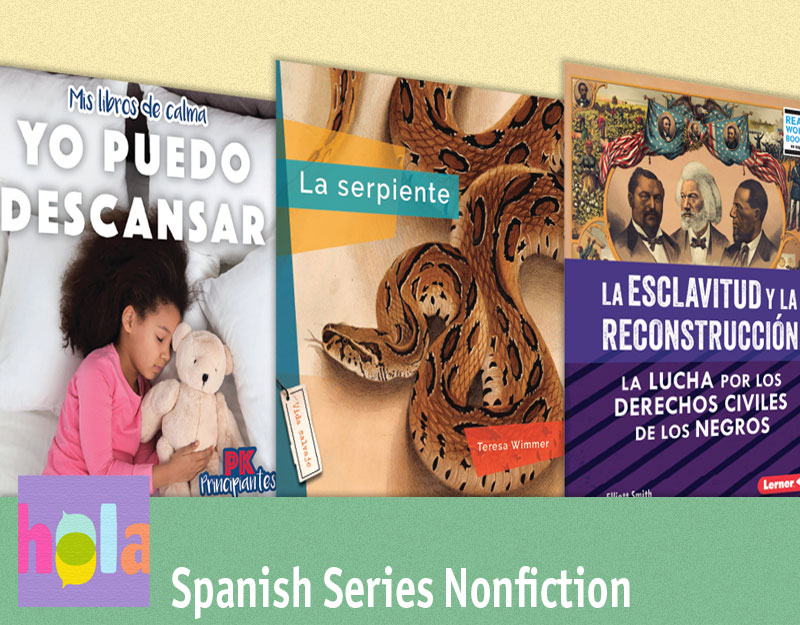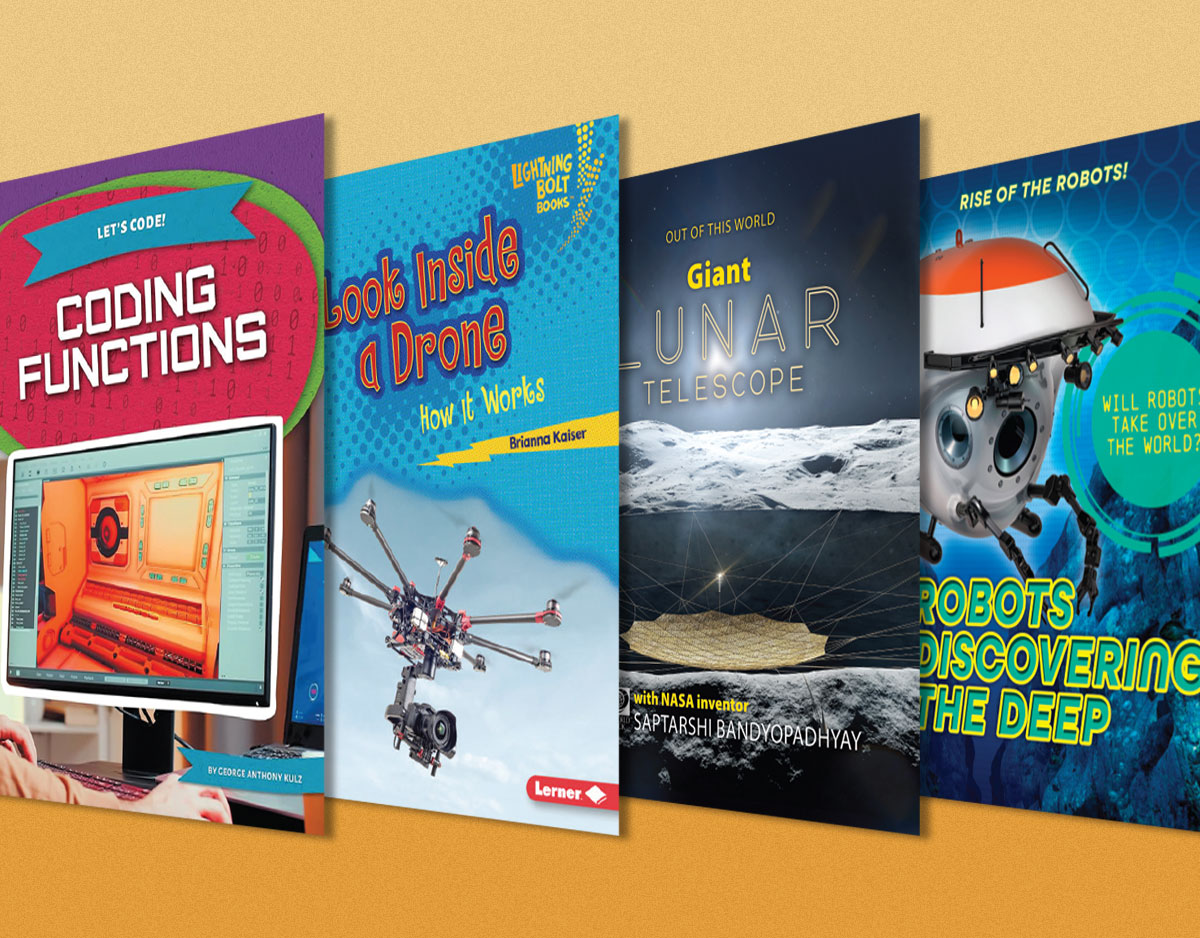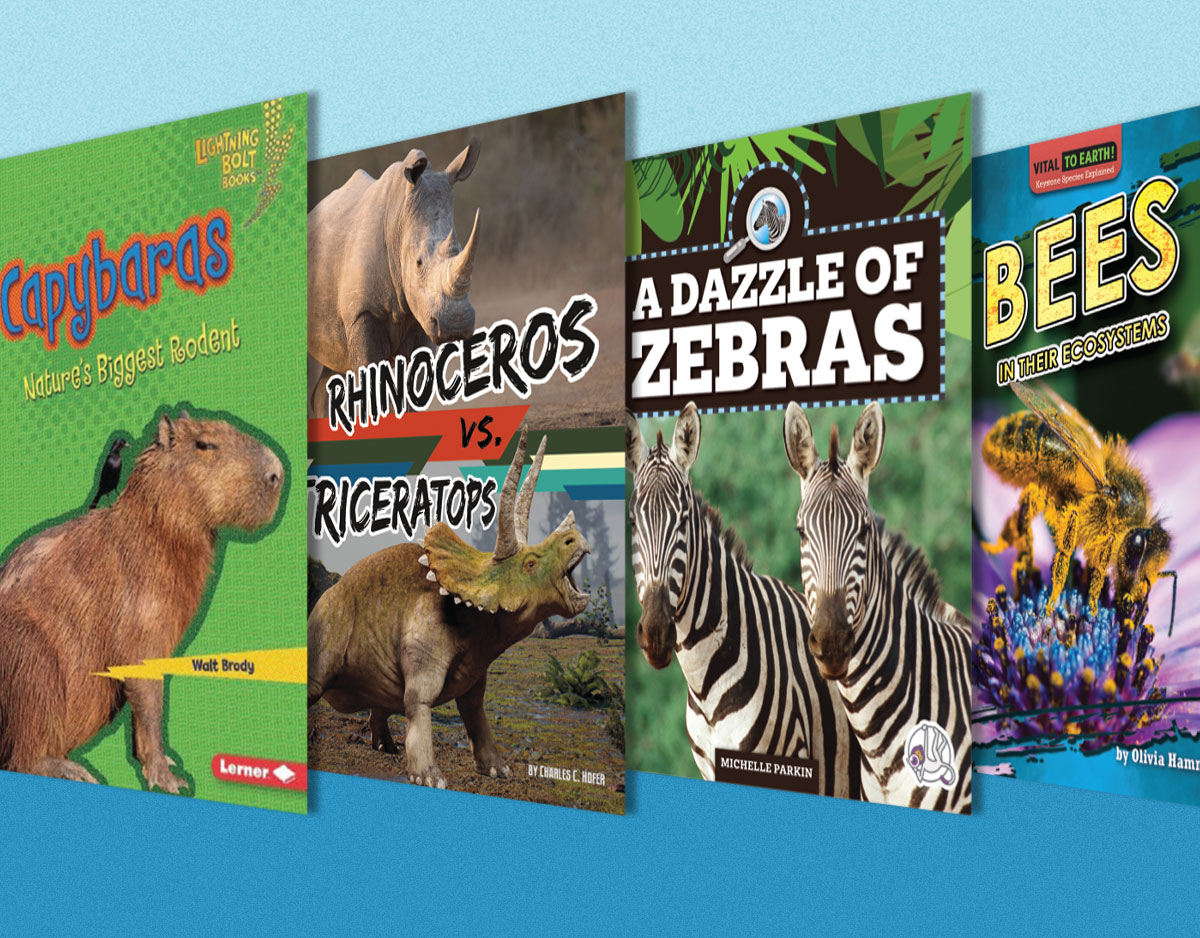For Teens Making a Difference: A Twist on Gun Violence By Alex Richards
Today we are honored to host a guest post by the author of ACCIDENTAL, Alex Richards.
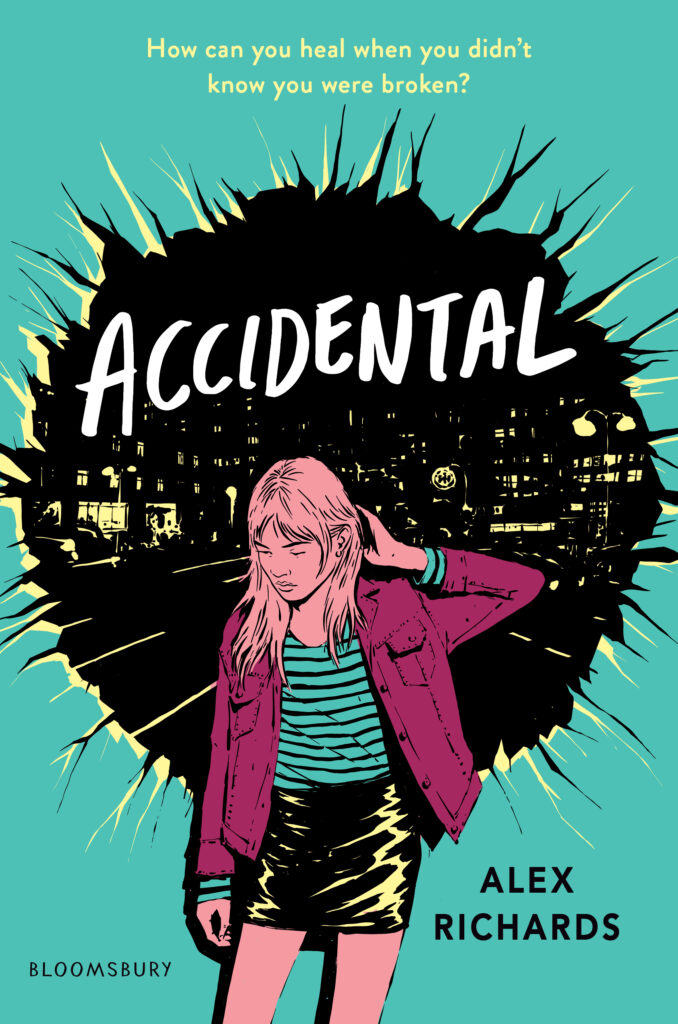
Even before I had the idea to write ACCIDENTAL, I have been consumed by the headlines. Toddler Fatally Shoots Mom In Walmart. Toddler Shoots One Year Old Sister. Toddler Shoots Two Other Children At A Daycare. Five Year Old Looking For Easter Candy Finds Gun and Fatally Shoots Brother. I read every story. Gasped and momentarily grieved. But, then, that was it. There was no follow up, and soon another headline replaced it and I would move on.
I think I stopped being able to “move on” once I had kids of my own. The idea of a child–my child–finding an unsecured gun–picking it up with curious fingers and accidentally firing it–suddenly became a thought I couldn’t let go of. And so, I tried to find out more, almost obsessing over the tragic, heartbreaking stories of accidental gun violence involving children. Mostly, what I wanted to know was: what becomes of these kids? How do they mentally process their actions in adulthood?
ADVERTISEMENT
ADVERTISEMENT
Despite having spent a few years as a researcher for a crime-based daytime talk show, most of my research led me down the same path: nowhere. Which makes sense. The children who have experienced these traumas deserve as much anonymity as they can get. And yet … that in itself got me thinking, wondering, digging deeper into research about gun violence statistics and laws. At one point, when I was writing this book, I read in the Washington Post that toddlers shoot people on a weekly basis in America. Weekly. When I started drafting ACCIDENTAL in 2016, guns were the third leading cause of death among children. Now, in 2020, they are the second–and the first among Black children. Statistics continued to haunt me–from nearly a quarter of all gun owners reporting that their guns were kept unlocked in their homes, to learning that one mass shooting happens every day, on average, in America. In addition to incredibly harrowing and useful facts at Giffords Law Center, I read a morbidly fascinating book called Melancholy Accidents, a collection of news clippings and stories of accidental shootings that go back centuries. I even found a very rare and powerful follow-up interview with a man who had shot and killed his sister as a child.
I went down the rabbit hold. Deep. And when I came out, I was surprised–or maybe relieved?–that there was very little information on what happens to the children involved in accidental shootings. Because, on the one hand, of course families want to protect their children’s innocence and help them process their actions privately. What these kids have been through is traumatic, and they need therapy, not follow-up interviews and more headlines.
But, also, I started wondering if there was another explanation. Studies have shown that a child’s earliest memory can change over time, and it’s all subjective. Something remembered at age five may not be remembered by age ten. Additionally, the likelihood of remembering something is aided when that memory is reinforced. If not, childhood amnesia could affect the fate of any thought.
Which brings me to ACCIDENTAL, and the idea that it is entirely possible for a young child to not necessarily remember having fired a gun. There is a chance that, if no one were to remind them, they might forget. It was compelling to me, wondering what might happen to the often faceless and unnamed children in the headlines, and if, by some miracle, a few of these kids were raised not knowing what they had done.
I tried to imagine myself in such a situation. If my son or daughter found a gun and shot someone, would I tell them about it? If they thought it was a toy, or hadn’t fully begun to understand the concept of death, would I remind them? Or would I try to shield them from it. Facilitate the forgetting. As a mom, I know exactly what I would do, and so I wrote this book.
For me, YA felt like the right space to explore this topic. I love writing teen fiction, trying to do justice to that frustrated, passionate, lonely, hopeful, complex and funny voice. I thought it could be really powerful to tell the story from the perspective of a teenager who had grown up not knowing, and then, one day, somehow found out. I mean, how do you deal with that realization? How do you process it? Obviously shock, denial, and guilt are the first emotions that come to mind, but I really wanted to dig in and see where it might lead.
With this story, I wanted to write a character who had never really thought about guns beyond their fixture in our society. I wanted to see Johanna’s thought process unfurl and see how she chose to process the information. Would she turn to activism? Would there be pushback from other students for what she had done as a child? It was important to me to explore the nuances of how this affected not just her but the people around her. The grandparents who lied to protect her innocence, the friends who stand by her, the boyfriend who may be in over his head, and the classmates who challenge her intentions.
Like many teens, Johanna experiences a lot of self-hatred. Because it is hard to be a teenager, even if you didn’taccidentally shoot and kill someone. I wanted to write a book that helped show teens there are ways to heal. There are people in your corner, there are ways to take action, ways to grieve, and there are ways to find closure.
ADVERTISEMENT
ADVERTISEMENT
Ultimately, this book is about hope and awareness. Gun control is a hugely important issue in this country, and Johanna’s story adds a unique perspective. Johanna could be anyone, and she could be everyone. Right now, teens are taking initiative, taking charge. They know they are the future, and what they do matters. What they read, what they learn, and what they do with that knowledge matters. Teens are ready to be the change they want to see in the world, and it’s our job to give them the tools to do so.
Author bio:

Alex Richards is a young adult author and freelance magazine contributor. She is a terrible navigator (just ask the African jungle she got lost in) but makes up for it with a dark sense of humor and home-made horror films. Raised in New Mexico, she and her family live in Brooklyn.
alexrichards.nyc | @alexgirlnyc
About ACCIDENTAL:
This timely, emotionally-resonant story about a teen girl dealing with the aftermath of a tragic shooting is a must-read from an exciting new YA talent.
Johanna has had more than enough trauma in her life. She lost her mom in a car accident, and her father went AWOL when Johanna was just a baby. At sixteen, life is steady, boring . . . maybe even stifling, since she’s being raised by her grandparents who never talk about their daughter, her mother Mandy.
Then he comes back: Robert Newsome, Johanna’s father, bringing memories and pictures of Mandy. But that’s not all he shares. A tragic car accident didn’t kill Mandy–it was Johanna, who at two years old, accidentally shot her own mother with an unsecured gun.
Now Johanna has to sort through it all–the return of her absentee father, her grandparents’ lies, her part in her mother’s death. But no one, neither her loyal best friends nor her sweet new boyfriend, can help her forgive them. Most of all, can she ever find a way to forgive herself?
In a searing, ultimately uplifting story, debut author Alex Richards tackles a different side of the important issue that has galvanized teens across our country.
Accidental was released July 7, 2020 from Bloomsbury and it received a starred review from School Library Journal.
Praise for ACCIDENTAL:
“Richards deftly explores the myriad emotional struggles after an accidental gun death. . . Tragic, moving, and genuine.” –School Library Journal, starred review
“A valuable take on a timely issue.” –Kirkus Reviews
“[Johanna] is an admirable, convincing heroine who is determined to make things right for herself.” –Publishers Weekly
“A testament to the healing power of community, love and forgiveness. An honest, wrenching and important read.” –Sarah Holt, Left Bank Books
“A heartbreaking, powerful, essential read.” –Beth Seufer Buss, Bookmarks
“This book is haunting, but it is also hopeful. . . With heartfelt, brutal honesty searing every page, this is the kind of book that reminds readers that they have voices, and they can make changes.” –Ava Tusek, Second Star to the Right
Filed under: Teen Issues
About Karen Jensen, MLS
Karen Jensen has been a Teen Services Librarian for almost 30 years. She created TLT in 2011 and is the co-editor of The Whole Library Handbook: Teen Services with Heather Booth (ALA Editions, 2014).
ADVERTISEMENT
ADVERTISEMENT
SLJ Blog Network
Name That LEGO Book Cover! (#53)
Cover Reveal and Q&A: The One and Only Googoosh with Azadeh Westergaard
Exclusive: Vol. 2 of The Weirn Books Is Coming in October | News
Fighting Public School Book Bans with the Civil Rights Act
ADVERTISEMENT




